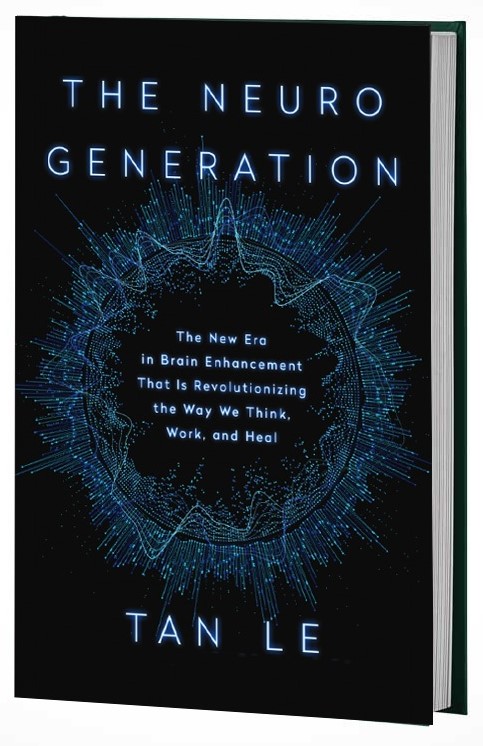Posts Tagged ‘bias’
What’s normal? When it comes to the brain, it’s hard to say, and that’s why we need to study global neurodiversity
In a small village in India—a place so remote it has no electricity, no telecommunication system, and no cars or buses—a research worker prepares to place an EEG headset on a female villager’s head. The woman, who earns $3.75 a day laboring in a nearby rice paddy and who has never ventured outside her village, eyes…
Read MoreThe State of Mindfulness Science: 10 Key Research Findings to Encourage and Guide your Meditation Practice in 2018
___ During the past two decades, more and more scientists have studied mindfulness—a Buddhist-inspired collection of practices aimed at helping us to cultivate moment-to-moment awareness of ourselves and our environment. Their early findings triggered an enormous amount of enthusiasm for meditation. Sometimes, however, journalists and even scientists (who should know better) have overstated the physical…
Read MoreStudy: Wisdom requires both higher heart rate variability and adopting a third-person perspective
——- Many cultures consider the human heart to be the seat of wisdom. Now scientists are finding some evidence for this, though the reality may be more complicated than it seems. Previous research has suggested that higher heart rate variability (HRV)—the variability in the time between our heartbeats
Read MoreNeeded: funding for innovative research on slowing cognitive decline via cognitive training
I was really interested in the recent critique of the BBC brain training experiment by Dr. Elizabeth Zelinski. I think Owens et al (2010) was a critical piece of research which was not conducted in the right way and was focusing on the wrong sample population. I totally agree with the comments by Dr. Zelinski…
Read More


